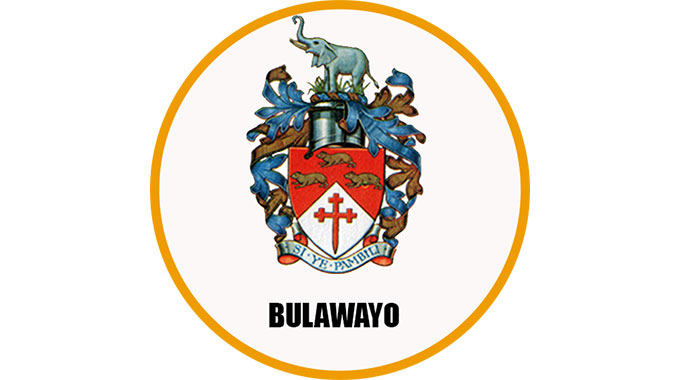
The Sunday News

Kabelo Sithole
The desire to remain true to a vision “Siya Phambili” (We go Forward, the BCC’s motto ) has in the past prompted some to attempt to tackle one of the city of Bulawayo’s worst environmental challenges, the often severe water shortages which have in the past (1990s and more recently 2008) threatened to leave the city literally dry.
By changing the pricing mechanism of the Bulawayo City Council’s (BCC) water supply we can prevent such tragedies as well as preserve this precious resource. I am talking about changing from a billing system for water to prepaid water meters. Under the billing system the city council supplies residents with water on credit. In this system residents use as much water as they like (subject to rationing levels) for a whole month and the city council asks residents to pay them the money the residents owe them at the end of the month. The bill is, therefore, the money equivalent (price) of the water used by residents.
The prepaid water meter is just a different pricing strategy. Under this particular strategy residents will have to pay council before they use the water (still subject to rationing). The same way one would buy bottled water. Under this system residents use water that they can be said to own because they bought it prior to using it.
The billing system has allowed many residents to survive these tough times without many taps running dry because the BCC has been supplying water on credit. Yet, the reality is that many residents are now drowning in debt because of this. The bills that cannot readily be paid by residents represent a form of wastage and enhances water shortages. This can be seen by taking the analogy of a local street vendor. Let’s assume he is willing to sell his goods on credit to all locals under the promise that they will pay him back at the end of the week. If he carries on with this payment method he can expect bad debts, late payments and in times of economic downturn he can expect more and more defaults eventually resulting in a debt crisis. For the street vendor such a situation will simply lead to insolvency as he will no longer be able to recover his costs from creditors who are failing to own up to their debts.
The argument to keep the billing system the way it is has mainly centred on the fact a prepaid system would increase the cost of living, the installation fee being too high (approximately $200), the more vulnerable residents would fail to afford prepayments and water is a human right. Yes, I vehemently agree with the latter! It is true that water is a human right and that all should have equal access to it. Yet, we will not be the last citizens to live koNthuthuziyathunqa. Should future generations’ right to water not be preserved? The billing system causes over-consumption by allowing for credit system for water supply which leads the residents to consume more water than they can afford. It is similar to a credit card from a bank, eventually the holder of the card spends more than they can afford to pay back under the illusion created by the credit card that you have money you do not have.
I propose the BCC introduce these prepaid water meters, instead of installation being charged on a once-off basis as $200 it can be charged or paid as a percentage of the rates of prepaid water in the same way the debts of the individual will be deducted. This would mean that as a resident’s debt to council and installation fee are gradually paid off one can expect to pay less in the long-term. This would mean that the cost of living will gradually be reduced (as far as water is concerned).
Lastly, I also propose that council introduce a water pricing system that adjusts the cost of water according to available supply. This is because pricing acts as a rationing mechanism. That is to say if available supply of water is low the BCC should then raise the price of water and should be raised to prevent demand from exceeding available supply and causing water shortages. This is based on the simple market reality that price increases result in decreases in demand and vice versa.
Going back to our example of the street vendor. Let’s assume he sells sweets at 50c each and is left with 20 sweets left in a week (seven days) before he can order more.
On average schoolchildren buy about seven sweets a day from him, which means he will likely run out of stock on the third day. But if the vendor raises his price from 50c to 75c demand will decrease.



